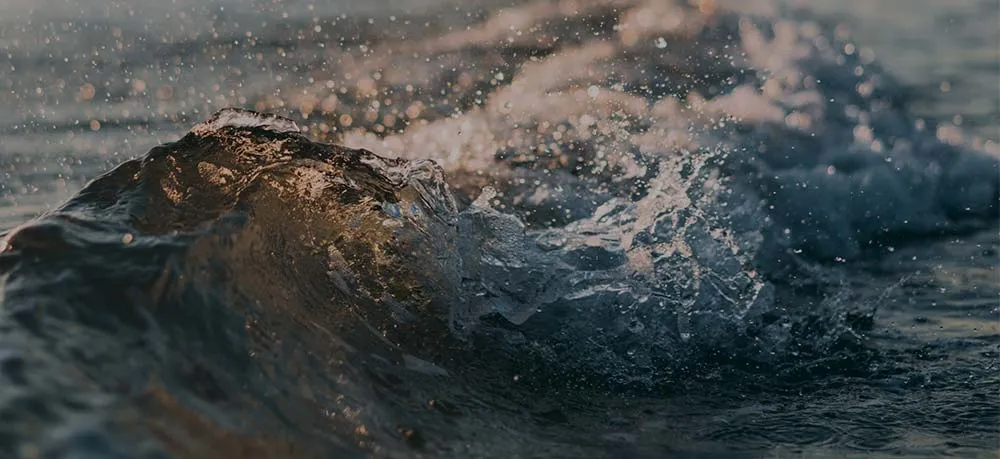07 Jun Project Investigates More Efficient European Catfish Farming Methods
ANALYSIS – An EU funded project is investigating more productive, faster systems in which to farm catfish in Europe.
In order to help European catfish producers compete with imports, the SILGEN project combines the technique of using closed systems with water recirculation and pond culture.
A closed system is excellent for the production of yearlings, but table size catfish production can compete with Asian pangasius only if using pond culture.
By combining yearling production in recirculating aquaculture systems (RAS) and table fish production in ponds the researchers were able to reduce the production time to two years — instead of the three needed with the old method — and increase the yield from 30 kg/ha to 3000 kg/ha of catfish.
The fish are fed by pelleted feed, but also consume a lot of natural food organisms grown in pond water. This completes the nutrients in the feed.
Another difference between the new technique and the old one is that we apply pond recirculation in a special way. We use a water-saving technology where the polluted water of the intensive pond is cleaned in a low density ‘non-fed polyculture’ pond, said Ferenc Lévai, coordinator of SILGEN.
The project will now apply for Phase 2 of funding for the commercialisation of SILGEN.
In other news this week, a new project, led by the University of Southampton in the UK, is trying to understand how the environment can help to control the risk of disease in fish and crustacean aquaculture in India and Bangladesh.
The project hopes to calculate the role of physical pond conditions in controlling two socio-economically devastating pathogens of decapod crustaceans and freshwater fish in Asian aquaculture.
White Spot Syndrome Virus (WSSV) and ulcerative syndromes (EUS)- caused by the pathogenic fungal-like oomycete Aphanomyces invadans, both cause millions of dollars in losses.
Dr Chris Hauton, Associate Professor in Ocean and Earth Science at the University of Southampton and Principal Investigator of the project, said: “Currently, there is no effective means of controlling this globally significant pathogen [WSSV] that has been proven at farm scale. Our current best option is to understand how the environment controls disease progression in shrimp ponds, as a means to reduce the risk of infectious outbreak. This knowledge, incorporated into guidelines for best management practice, will allow for the development of novel intervention strategies to be implemented in the future.”
In market news, the Russian Agriculture Ministry has prepared a draft decree to extend its embargo on food products, including fish, from a number of countries including the EU and US until the end of 2017.














